Featured Post - Duke Ellington
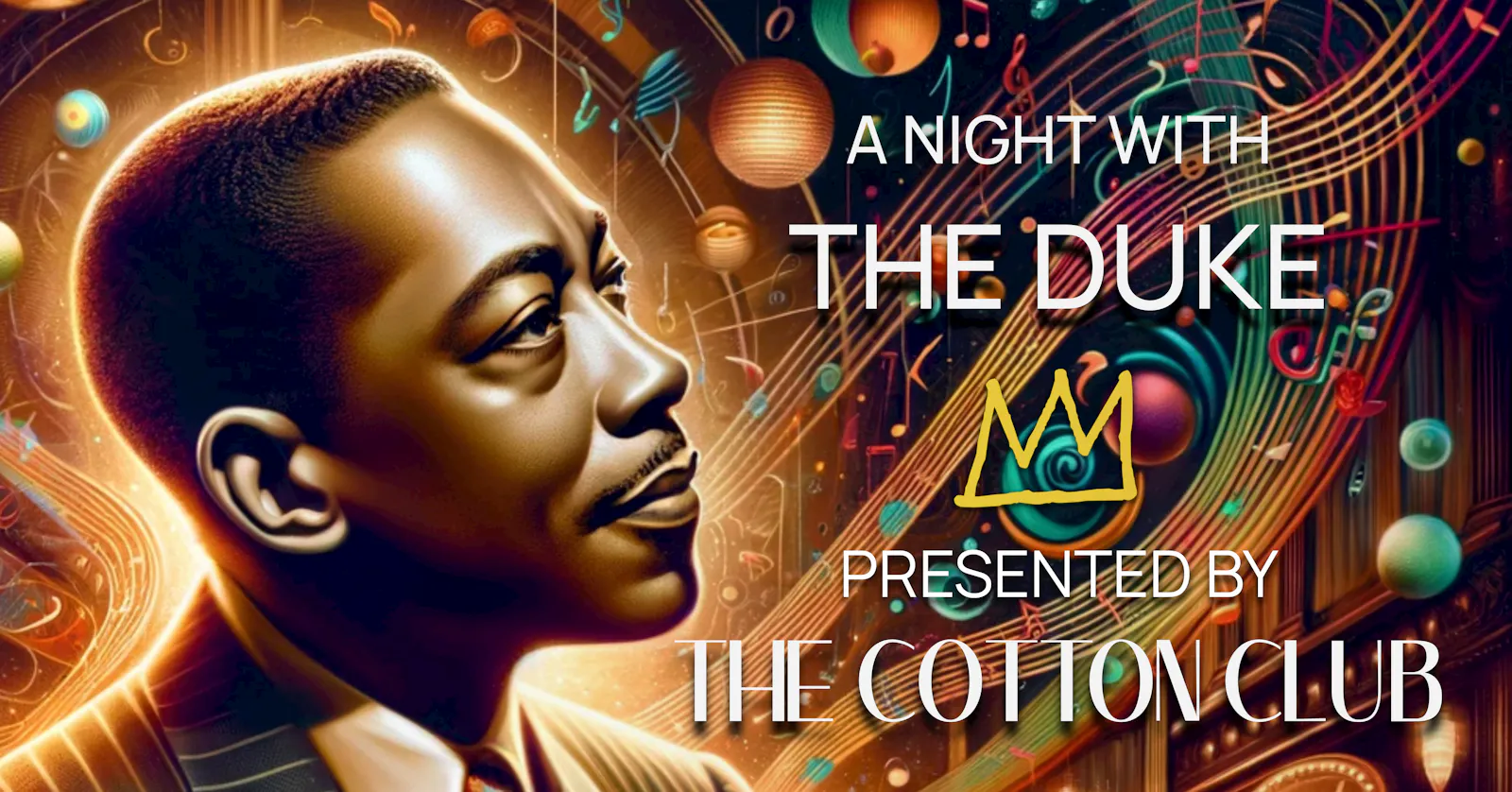
Welcome to this month's feature post, where we swing to the timeless melodies of Duke Ellington. In our latest post, we unravel the journey of this jazz maestro from the vibrant streets of Harlem to the grand stages of the world. Ellington was not just a musician; he was a cultural beacon of the Harlem Renaissance, orchestrating a symphony of social change through his art. Join us as we explore the genesis of a legend, his crescendos of innovation, and the enduring reverberations of his music. It's more than a story—it's an experience. Let's hit the play button on History!
Upbringing and Early Studies: The Genesis of a Jazz Legend
In the bustling heart of Washington, D.C., in 1899, a future musical titan was born—Edward Kennedy Ellington. His early years were cradled in a mix of privilege and cultural richness, thanks to his father's role as a White House butcher. This position offered young Ellington a unique glimpse into the corridors of power and elegance. This early exposure to the high society was not lost on him; it shaped his persona, imbuing him with a sophistication that would become his trademark.
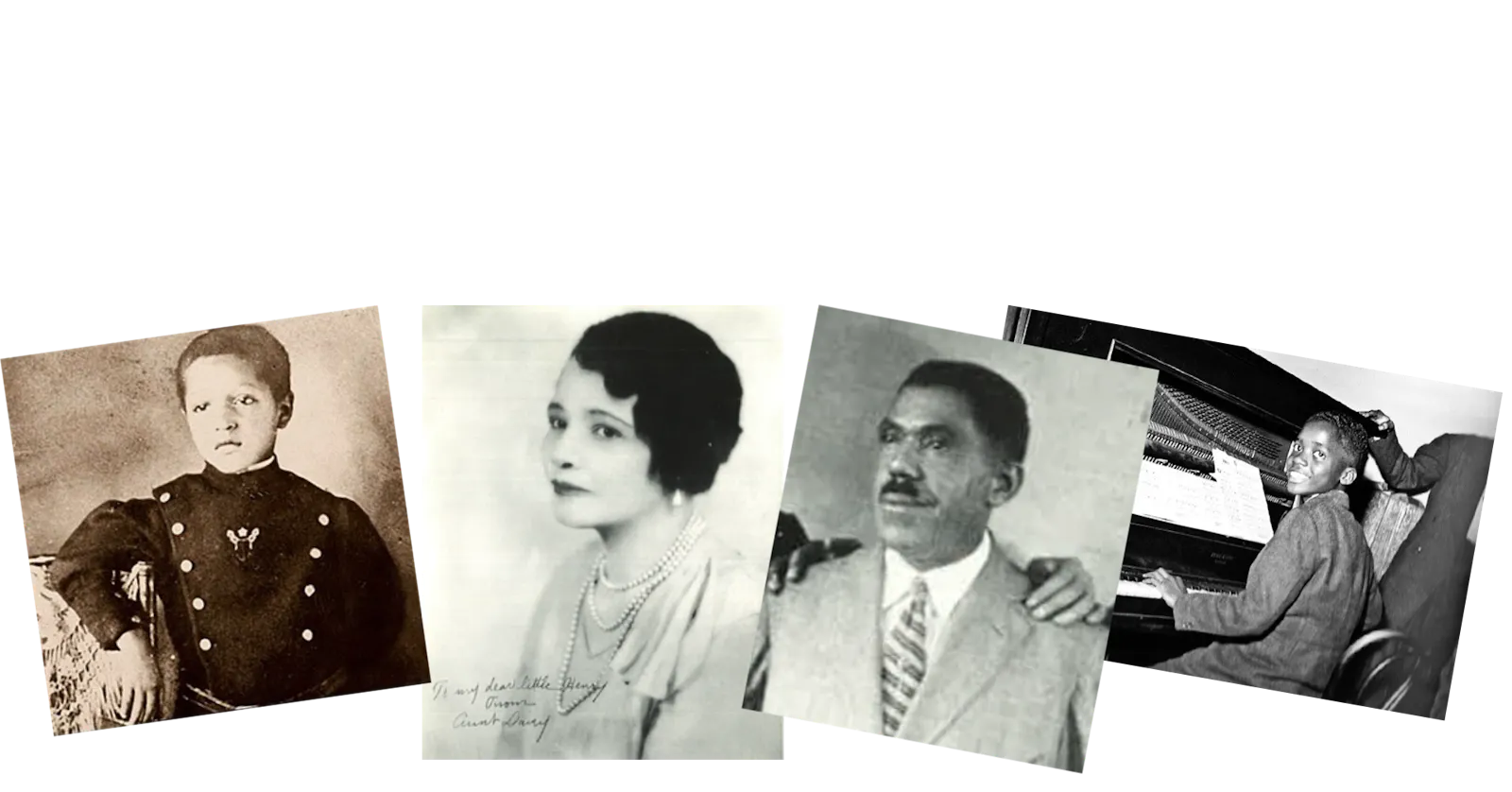
From age seven, Ellington's fingers danced across piano keys, a skill cultivated through classical training. Yet, it was the vibrant tea dances of his school days that truly awakened his musical senses. The young prodigy wasn't content with the status quo; his curiosity led him to the pulsating heart of segregated clubs. It was here, in the shadows, that he observed the likes of Harvey Brooks, a boundary-breaking pianist whose mastery of ragtime and early jazz stirred something profound within Ellington.
James P. Johnson, the pioneering stride pianist, became another of Ellington's early idols. Emulating these giants, Ellington's style began to crystallize, a fusion of his classical training with the raw, emotive power of jazz. Despite expectations to join the family catering business, Ellington's soul was alight with a different purpose. 1917 marked not just his high school graduation but the dawn of his quest for musical innovation—a journey that would lead him to the vibrant streets of New York City.
“Music is the tonal reflection of beauty. ”
― Duke Ellington
In 1923, drawn by the magnetic pull of Harlem's burgeoning jazz scene, Ellington embarked on a voyage into the unknown. Harlem was not just a place; it was the epicentre of the Harlem Renaissance, a cultural revival that would shape African American identity in untold ways. Ellington's arrival in New York was not merely a geographical shift but a leap into a future where he would become synonymous with jazz itself.
Early Career and Rise in New York City's Jazz Tapestry
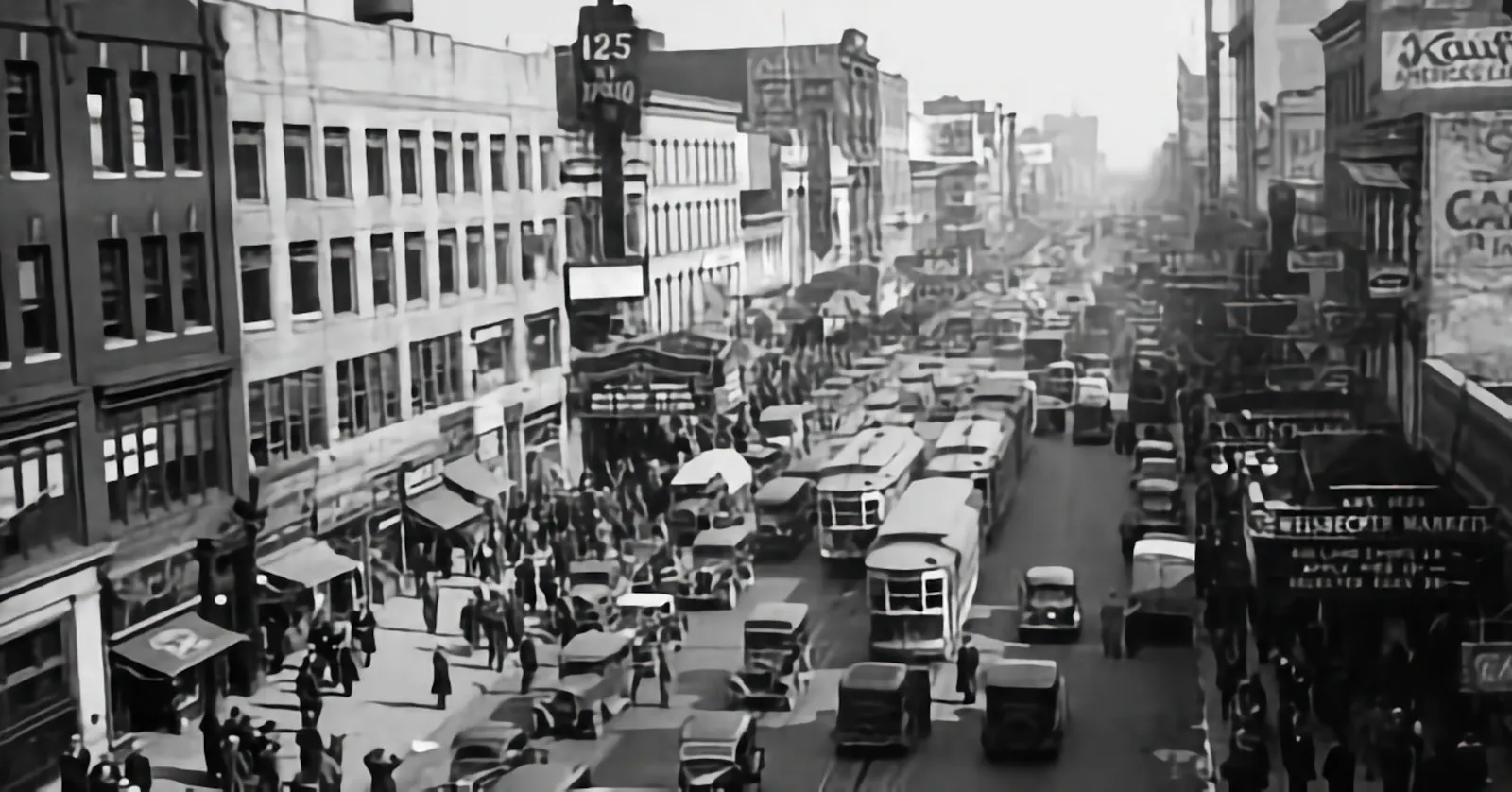
The Harlem Renaissance was not just a cultural movement; it was a beacon for African American artists, writers, and musicians asserting their identity and intellectual prowess. Duke Ellington, arriving in New York in 1923, found himself at the heart of this artistic whirlwind. His ascent in the jazz world began in the smoky interiors of top venues like the Hollywood and Kentucky Clubs, where his band's performances became the talk of the town.
Ellington's aristocratic poise at the piano soon earned him the moniker "Duke," a title that reflected the elegance and sophistication he brought to the jazz scene. His approach to music was revolutionary; he didn't just lead a band; he crafted a sonic universe that was distinctly his own. Ellington sought out musicians with unique sounds, composing pieces that not only highlighted their talents but also pushed the boundaries of jazz itself.
“Music is my mistress, and she plays second fiddle to no one.”
― Duke Ellington, Music is My Mistress (Si apre in una nuova finestra)
1927 marked a pivotal year for Ellington and his orchestra with their debut at Harlem's Cotton Club. The Cotton Club was more than a venue; it was a gilded cage of sorts, where elite white patrons indulged in the cultural richness of African American music while maintaining the era's harsh racial divides. Yet, within these confines, Ellington thrived, his music reaching beyond the club's walls through nationwide radio broadcasts. Pieces like "Black and Tan Fantasy" and "Creole Love Call" showcased a fusion of lush instrumentation with the soulful depths of the blues, birthing the evocative genre of "jungle jazz."
Despite the Cotton Club's exclusivity, Ellington's fame soared, making him a beloved figure within the Black community and beyond. His platform was not just musical; it was political. Ellington used his growing influence to speak out against the discrimination that pervaded American society, becoming a voice for change in the process.
The Zenith of Jazz: Ellington's Global Resonance
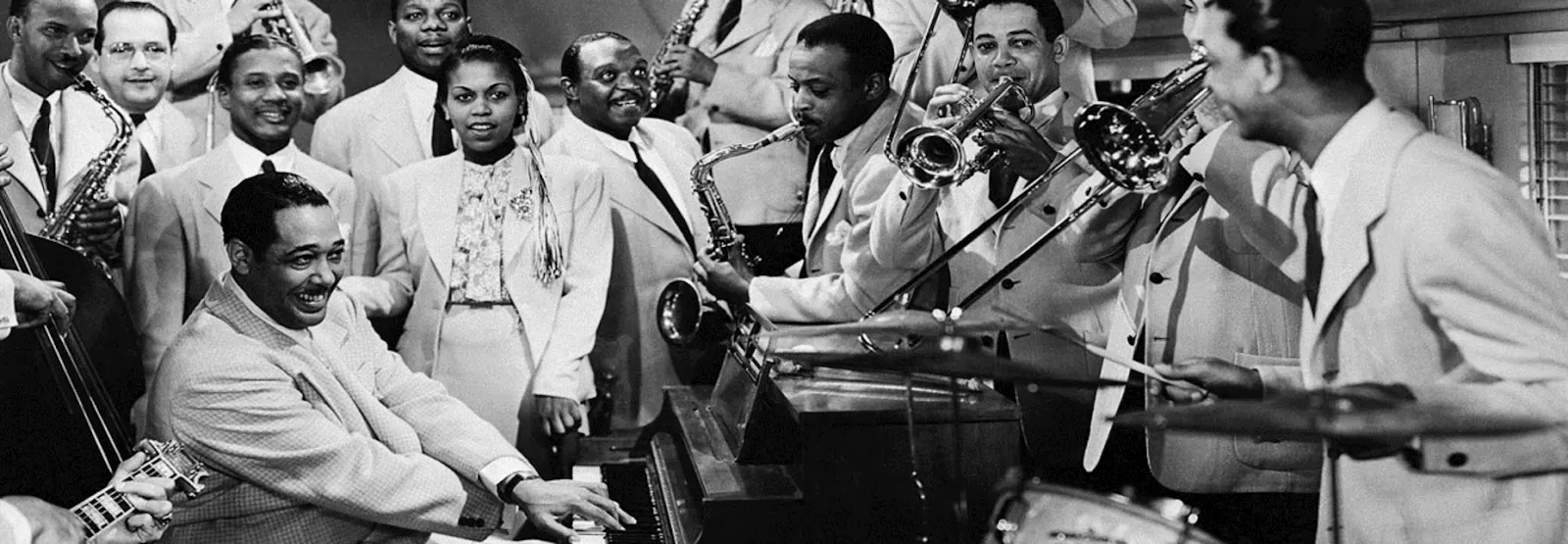
As the 1930s unfolded, Duke Ellington and his orchestra became synonymous with jazz excellence, embarking on tours that spanned continents and captivated audiences worldwide. Ellington's genius lay not just in his unparalleled skill as a bandleader but in his ability to pen thousands of arrangements that pushed the limits of the genre. His music was a dialogue between the past and the future, blending the rich traditions of jazz with innovative compositions that still resonate today.
“I don't need time, I need a deadline.”
― Duke Ellington
Ellington's influence extended to the silver screens of Hollywood, where he brought the vibrancy of jazz to film audiences. However, the era's racial prejudices often shadowed his contributions, with movie executives failing to fully recognize his talent, deeming his performances "too intelligent" for the stereotypical roles offered to African American actors. Despite these setbacks, Ellington's star continued to rise, undimmed by the narrow-mindedness of the film industry.
The year 1943 marked a monumental moment in Ellington's career with the debut of "Black, Brown, and Beige" at Carnegie Hall. This groundbreaking composition was more than music; it was a narrative, a profound exploration of African American history told through the language of jazz. Ellington's ability to weave social commentary into his music solidified his place not just as a musician but as a cultural historian.
Throughout the 1950s, Ellington's tours became legendary, from electrifying performances in New York's esteemed Carnegie Hall to the jazz festivals along the sun-drenched shores of the Côte d'Azur. His orchestra, a fluid ensemble of unmatched talent, continued to evolve, introducing the world to jazz luminaries like the legendary bassist Jimmy Blanton. Ellington's commitment to showcasing emerging talent while experimenting with lush, innovative sounds kept his music at the forefront of the jazz world.
Beyond Boundaries: Ellington's Avant-Garde Legacy and Timeless Influence
.png?auto=compress&w=800&fit=max&dpr=2&fm=webp)
Even in the twilight of his career, Duke Ellington's creative spirit never waned. He continued to explore new musical territories, collaborating with jazz giants like John Coltrane and Charles Mingus. These avant-garde collaborations were not mere experiments; they were declarations of Ellington's undying commitment to innovation and his belief in the boundless potential of jazz. His later works transcended traditional jazz boundaries, blending classical, blues, gospel, and more into a unique sonic tapestry that was all his own.
“Jazz is the only unhampered, unhindered expression of complete freedom yet produced in this country.”
― Duke Ellington
Duke Ellington's journey came to a close in 1974, when he passed away from lung cancer. However, his departure was met not with silence but with a crescendo of tributes from across the music world and beyond. Jazz legend Miles Davis lauded Ellington for elevating jazz from a mere pop phenomenon to a revered art form. President Nixon recognized him as a global ambassador of music and culture, while Coretta Scott King celebrated his monumental genius and contributions to the civil rights movement.
Today, Duke Ellington's legacy is not confined to the past; it vibrates through the very fabric of contemporary music and culture. His compositions, a vast catalogue that includes jazz standards and sophisticated orchestral pieces, continue to inspire musicians across genres. The Duke Ellington Orchestra, now led by generations of Ellington's descendants, keeps his spirit alive, touring the world and introducing new audiences to his rich musical legacy.
Ellington's impact extends beyond his music; he helped shape the narrative of African American culture, blending artistry with activism. His work serves as a beacon for artists seeking to use their craft for social commentary, proving that music can indeed change the world.
As we reflect on Duke Ellington's enduring influence, it's clear that his legacy is not just in the notes he composed but in the lives he touched and the barriers he broke. His story is a testament to the power of art to transcend boundaries, embodying the essence of innovation, resilience, and the unyielding pursuit of excellence. Duke Ellington's swing echoes not just in jazz clubs and concert halls but in the heart of every performer who channels personal expression into the art of innovation.
I hope you enjoyed this post; if you’ve made it this far, please consider supporting my work by becoming a member.
By joining, you’ll gain access to:
An exclusive audio version of this post, lovingly put together by myself.
Access to an archived recording of Duke Ellington performing live at the Cotton Club.
Access to members voting rights, where you can vote on future posts and podcast episodes.
Ad-free versions of the Black History Buff Podcast
Dozens of members-only posts
The warm feeling of knowing that your support is helping us to share powerful stories from Black History with the world.
A Standing Ovation to Our Members
A heartfelt thank you to every one of our new and returning members. Your support is the cornerstone of our journey through the rich tapestry of Black history. Because of you, this platform continues to thrive and share important stories.
This month, as a token of our gratitude, we have curated a special members-only treat. Prepare to immerse yourself in the auditory experience of our latest post with an exclusive audio version narrated to bring history to life. But that's not all— you will also receive a recording of a live performance from the Duke at the Cotton Club, allowing you to step back in time and bask in the glory of jazz's golden era. And, to enhance your listening experience, this month's podcast episode will be in a serene, ad-free format so you can savour every word and every note without interruption.
Your support is our inspiration; these offerings are a small measure of our immense appreciation. Thank you for being the backbone of this community and for joining us in keeping the legacy of our history alive.
Please Enjoy the Full Members only Recording
Please enjoy this live recording of Duke Ellington at the Cotton Club
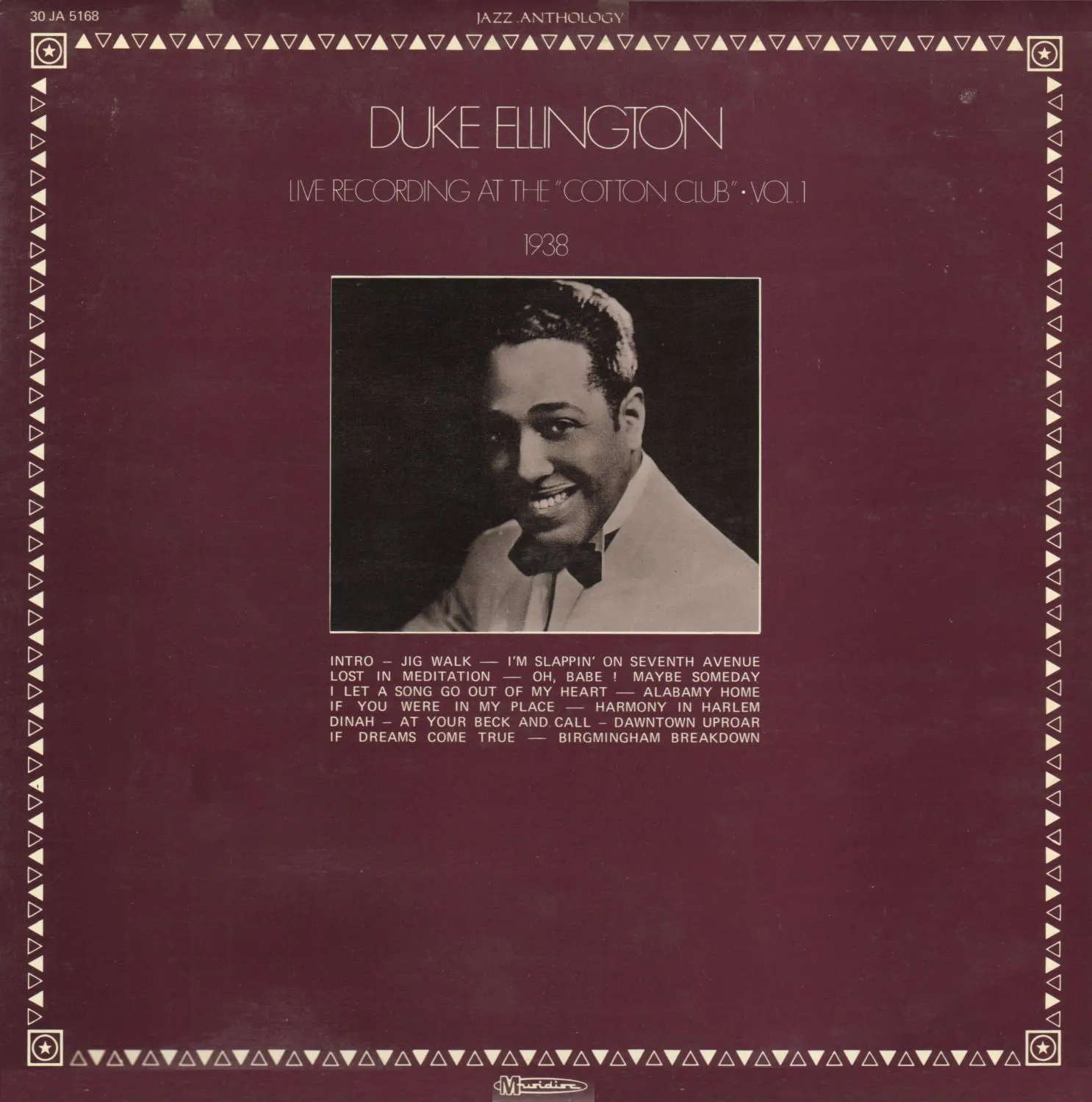
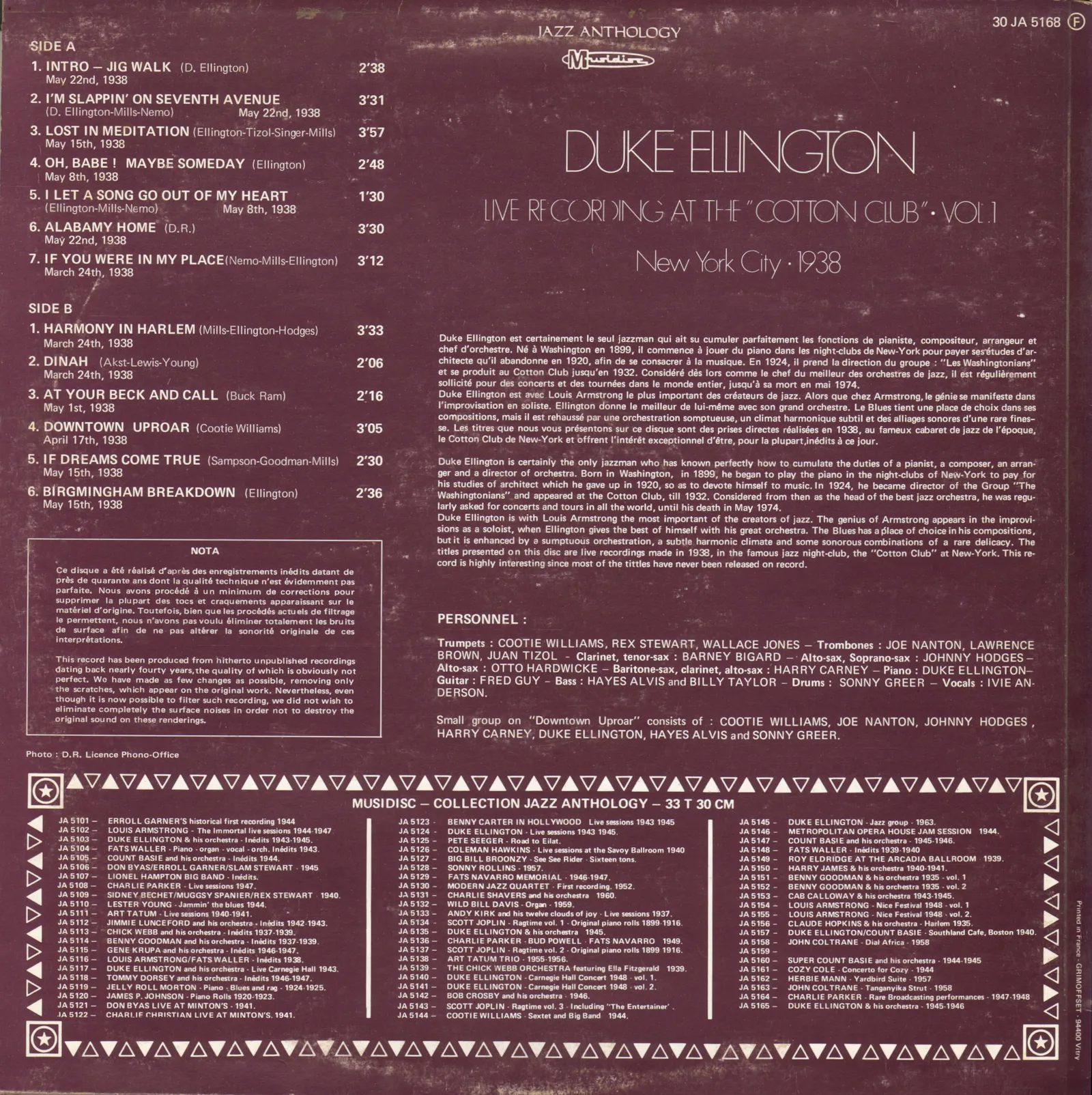
Duke Ellington Live Recording from the Cotton Club 1938
After falling down a deep rabbit hole, I found this video that was no longer available from the distributor. I took a moment to check I wasn’t breaking the Law, and so here it is:
On the Road with Duke Ellington
https://youtu.be/wr8ZGi_haFw (Si apre in una nuova finestra)Please use the section below to participate in a members-only vote on the direction of the Newsletter and Podcast.
https://tally.so/r/m62y9Y (Si apre in una nuova finestra)

